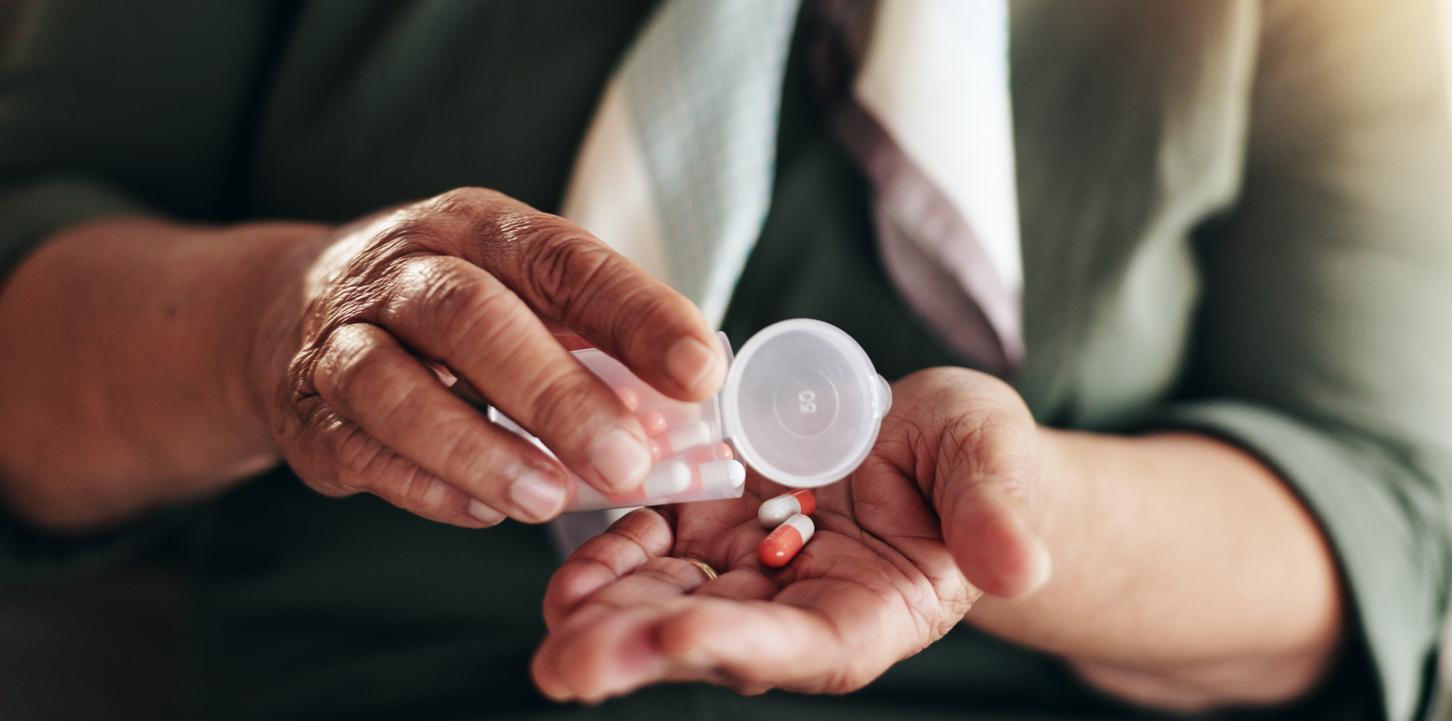Taking certain antibiotics protects against Parkinson’s disease while antifungals slightly increase the risk, according to a new study which shows the importance of the microbiota in this pathology.

- Taking penicillin antibiotics reduces the risk of Parkinson’s disease by 15%.
- People who have taken more than two courses of antifungals have a 16% increased risk of developing this disease.
- The authors emphasize that these effects remain mild and should not influence the decision to take these medications for the moment.
People who have taken penicillin antibiotics several times have a 15% lower risk of developing Parkinson’s disease, according to a new study published in the journal Parkinsonism & Related Disorders. Conversely, those who took treatment more than twice antifungals have a 16% increased risk of suffering from this pathology.
The importance of gut bacteria
To achieve these results, researchers analyzed the medical records of more than 93,000 people in the United Kingdom. Of these, 12,557 were diagnosed with Parkinson’s disease and 80,804 similar people who did not have it.
“There’s [a une théorie] that the disease begins in the gut, that inflammation of the gut can make it more permeable and allow toxins or inflammation to travel up the vagus nerve to the brain”, indicates Gian Pal, one of the authors, in a press release. Thus, scientists wanted to understand this link between intestinal bacteria and Parkinson’s disease after taking certain medications.

The effects of antibiotics and antifungals remain mild
“The fact that a drug, which you only take for a few days, can slightly change your microbiome and your risk of Parkinson’s, to me that strengthens the argument that the microbiome is involved, says Gian Pal. This study is important because it [montre que] something is happening in the gut microbiome [et que cela] could influence Parkinson’s disease.
The impact is therefore quantified by scientists: taking penicillin-based antibiotics reduces the risk of suffering from Parkinson’s disease by 15% while people who have taken treatment more than twice antifungals have a 16% increased risk of developing it. But Gian Pal reassures: “These effects are very mild, so they should not influence decisions about when to use antibiotics or antifungals“.
Additional research must be carried out to better understand the role of the intestinal microbiota in the development of neurodegenerative pathology and to correct the limitations of this study: for example, the team did not take into account the patients’ diet, which obviously an impact on the microbiota.
In France, each year, around 25,000 people are affected by Parkinson’s disease in France, according to the National Institute of Health and Medical Research (Inserm). This is characterized by three main motor symptoms: akinesia (slowness in the implementation and coordination of movements), hypertonia (abnormal rigidity of the muscles) and tremors, which mainly concern the hands and arms. .

















